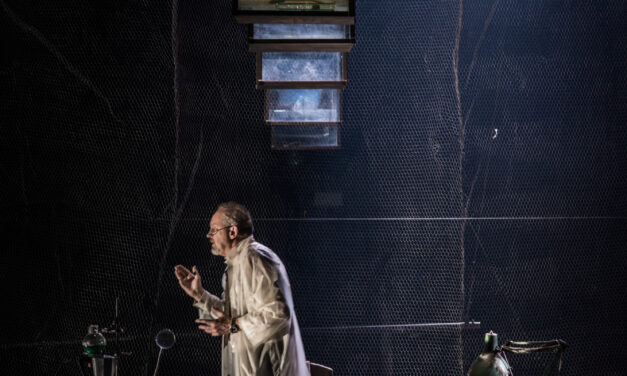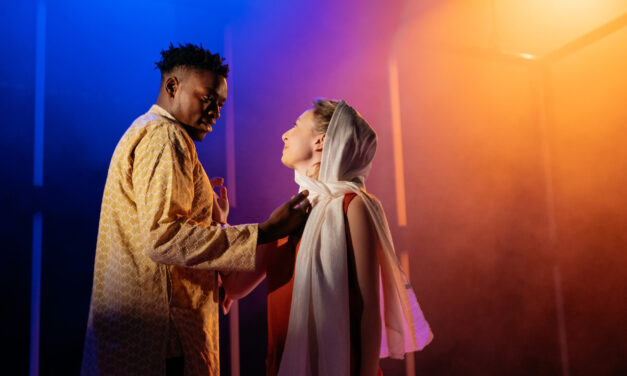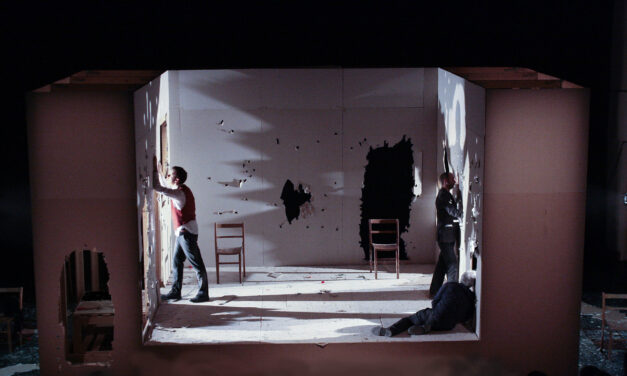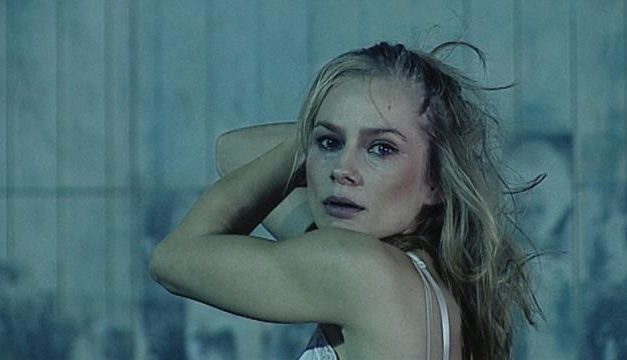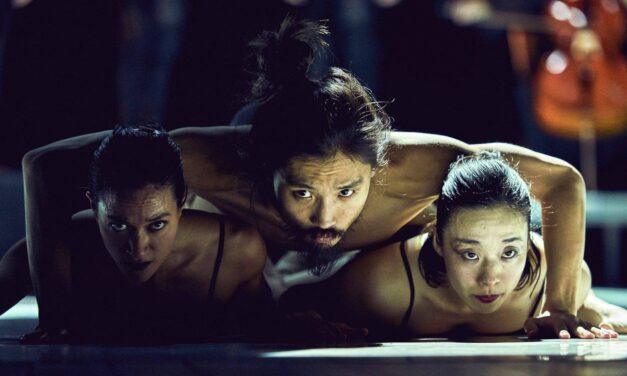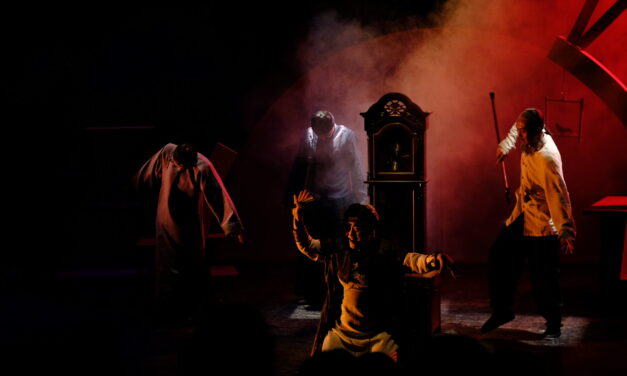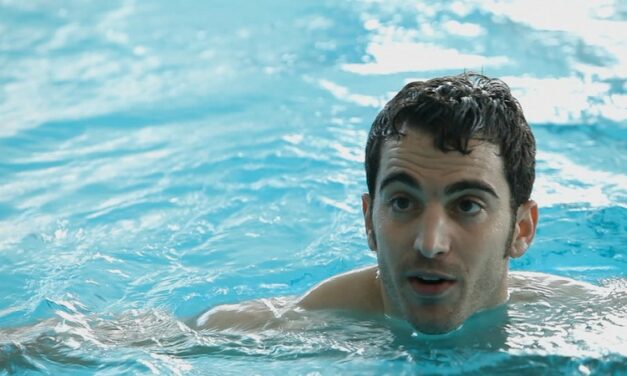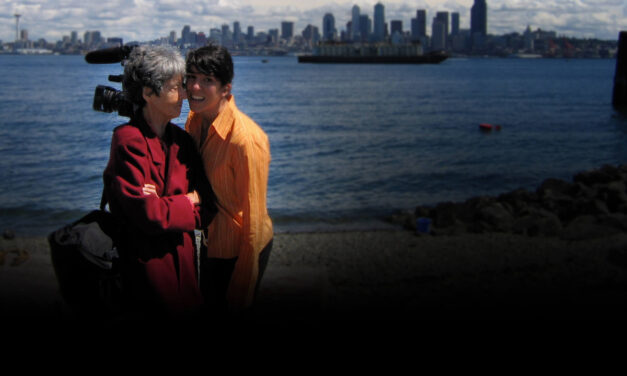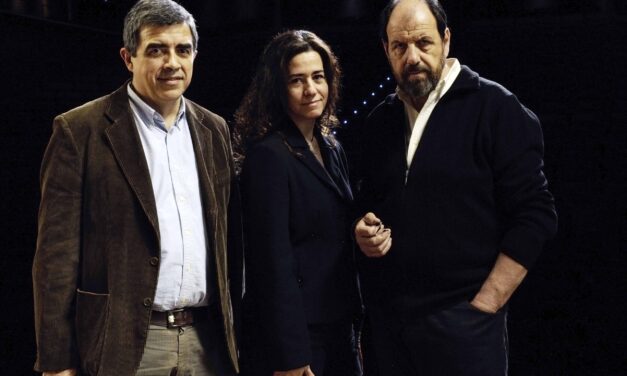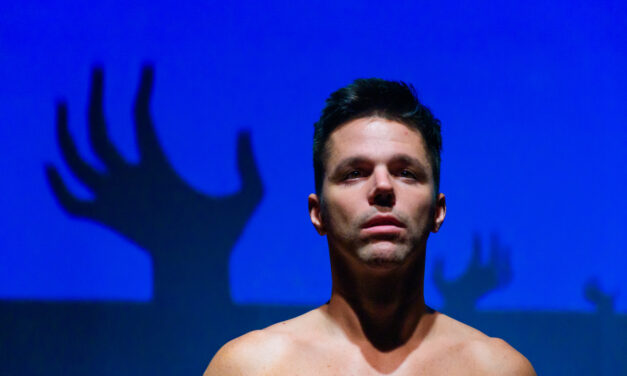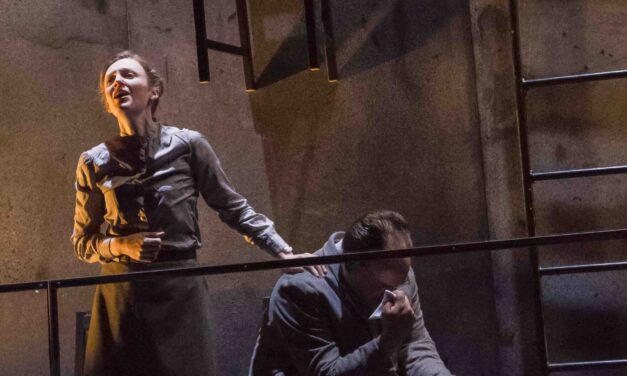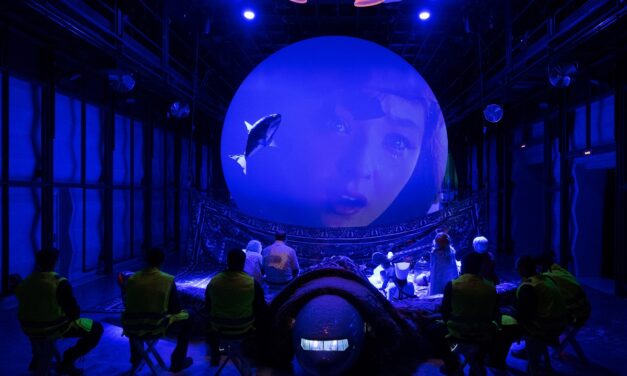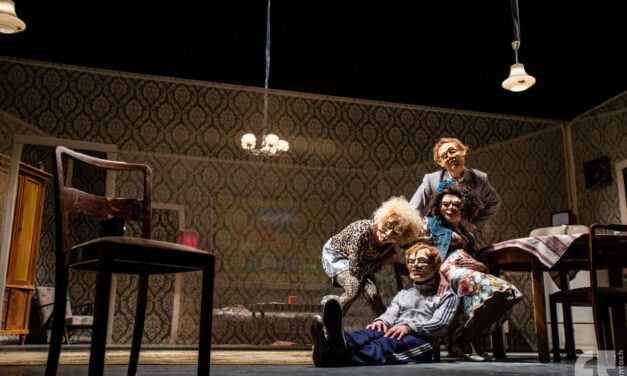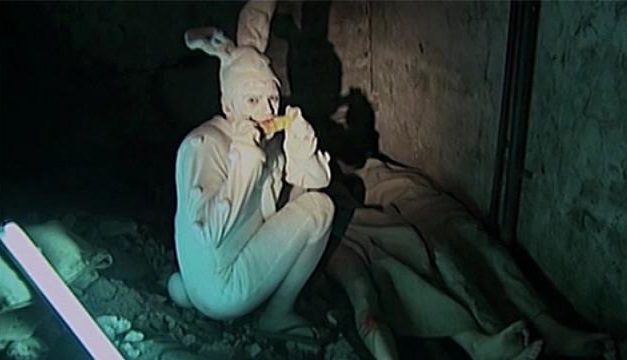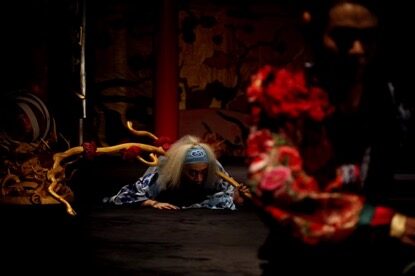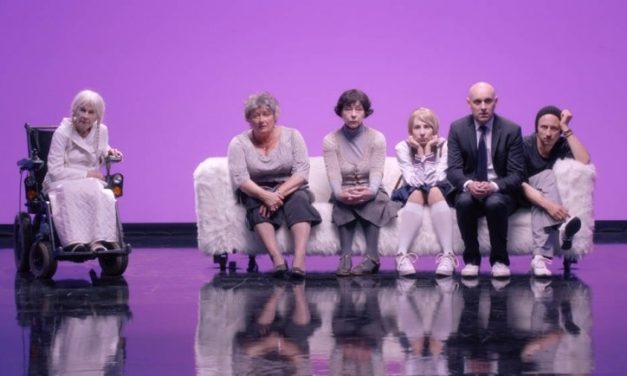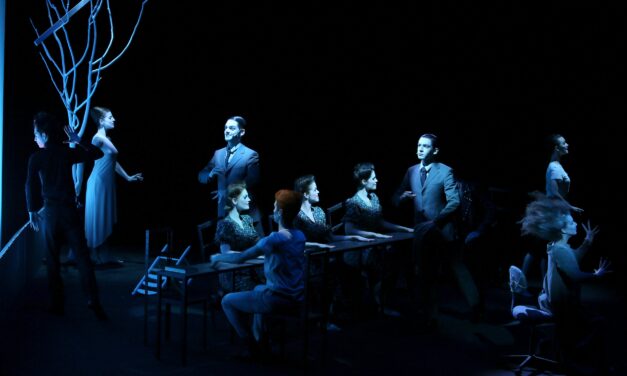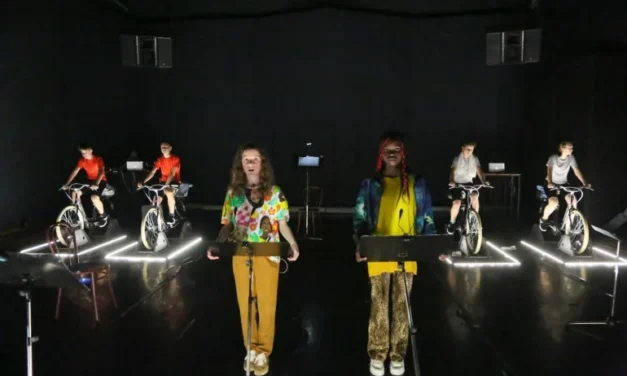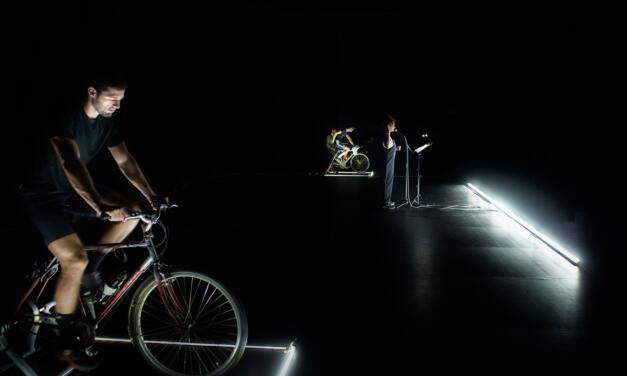Max Black
Based on texts by Paul Valery, Georg Christoph Lichtenberg, and Ludwig Wittgenstein this legendary work by Heiner Goebbels offers a feast for the eyes and ears. Music theatre pyrotechnics offer a new mode of embodying philosophical discourse in a staging that that is both sensuous and spontaneous. Here one of Europe’s most adventurous theatre-makers offers an opportunity to experience the magic that scientist Max Black is capable of realizing in his onstage laboratory where anything and everything is possible. ONE DAY ONLY!
May, 10, 6.30 pm CET for 24 hours. EXTENDED! May 29, 2:30 pm EST (NYC), 6.30 pm CET (Berlin) for 24 hours

